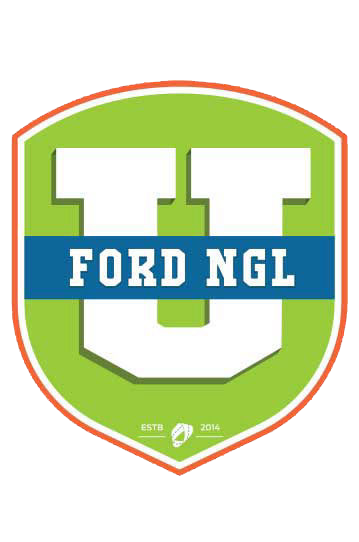Topic 7: Questions to Consider when Chunking IBL/PBL Planning
Just because teachers have time via PLCs, grade-level or subject-area meetings, or staff meetings, it does not mean they know how to use the time in a truly focused way, especially if they are being asked to plan each element of a PBL lesson by using time over a period

